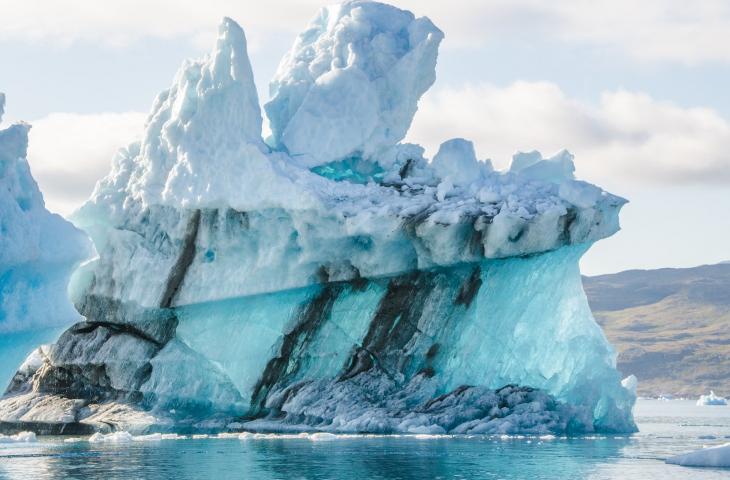MILAN – The importance of international cooperation in water management is becoming increasingly evident. With the growing world population and continuing climate hotspots, water resources must be protected above all else against misuse. A report published in Canada, addressing both health and the environment, describes the latest international efforts to conserve water, offering a guide to the future steps that need to be taken and describing the difficulties caused by the continuing climate hotspots worldwide.
Essential cooperation
Cooperation between nations is essential for the well-being of millions of people. More than half of the world's population, for example, consumes water resources based on rivers originating from the Himalayan glaciers. But as said glaciers continue melting at an accelerated pace, cooperation will be ever more important for areas at risk of thawing. A lack of seasonal fresh water will force countries to be involved with each other and will make cooperation essential. In certain parts of the world, the greatest challenges for water cooperation will be tested in terms of the frequency and intensity of the actions undertaken.
Water management according to the report
1) The fresh water resources connecting two or more countries, both above and below the surface, account for about 45% of the land area of the world.
2) There are 276 international river basins, of which 60% do not have a framework for managing their resources.
3) Problems associated with valuable resources such as water have led to increased tensions throughout history and have resulted in some 37 conflicts since 1948.
4) The growth of the world's population occurs primarily in regions which depend on neighbouring countries for food production. The result is interregional dependence.
5) There is need for a useful system to guide the use of global water resources, with collaboration for the sustainability of the project.
Despite the high potential for conflict, according to the report national water needs have led to more than 200 treaties on water negotiated over the last 50 years. Sirodjidin Aslov, the Foreign Minister of Tajikistan and a co-author of the report, as noted that nations have focused increased attention in recent years to the issue of water management: "It's encouraging to see that many countries have started to pay more attention to saving water, along with other key sectors of the national economy".
by editorial staff











